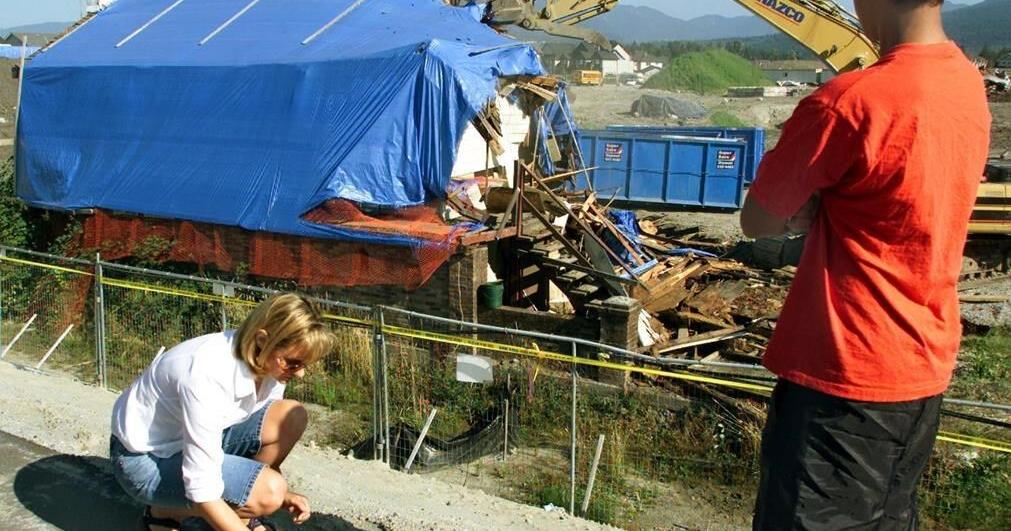VANCOUVER – A B.C. Supreme Court judge says it has jurisdiction to order the disposal of thousands of pieces of evidence seized from serial killer Robert Pickton’s pig farm decades ago, whether it was used in his murder trial or not.
A ruling issued online Wednesday said the RCMP can apply to dispose of some 15,000 pieces of evidence collected from the search of Pickton’s property in Port Coquitlam, including “items determined to belong to victims.”
Police asked the court for directions last year to be allowed to dispose of the mountain of evidence gathered in the case against Pickton, who was convicted of the second-degree murder of six women, although he was originally charged with first-degree murder of 27 women.
Pickton died in May after being attacked in a Quebec prison.
Some family members of victims disputed the disposal because they have a pending civil lawsuit against Pickton’s estate and his brother, David Pickton, Yand want to ensure that the evidence they need to prove their case is not dispersed or destroyed.
The court dismissed their bid to intervene in July this year, and the court has now ruled it has the authority to order the disposal of the evidence whether it was used at Pickton’s trial or not.
The ruling says police plan to “bring a series of applications” for court orders allowing them to get rid of the evidence because they are “legally obligated to dispose of the property” since it’s no longer needed in any investigation or criminal proceeding.
Justice Frits Verhoeven says in his ruling that there may be reason to doubt if the court has jurisdiction over items seized from the farm that had not be made exhibits.
But he said that will be a decision for later, noting “the question as to whether the court retains inherent jurisdiction to order disposal of seized items may remain to be considered, if necessary, in some other case.”
Jason Gratl, the lawyer representing family members of victims in the civil cases against the Pickton brothers, said in an interview Wednesday that the latest court decision doesn’t mean exhibits will be destroyed.
“Any concern about the destruction of the evidence is premature. Just because the court will hear the application to allow the RCMP to destroy the evidence does not mean that the court would grant the application,” he said.
Gratl said that if the RCMP brings an application to get rid of evidence that could be useful in proving the civil cases, he would ask the court for the evidence.
“We would be seeking to take possession of any evidence that the RCMP no longer wants in order to prove that civil claim,” he said.
Gratl said no date has been set for when the civil cases will be heard.
The court’s earlier ruling says the RCMP has agreed to allow some of the civil case plaintiffs “limited participation” in the disposal application process, agreeing to notify them if police identify an “ownership or property interest in the items” that they’re applying to destroy.
This report by The Canadian Press was first published Nov. 6, 2024.




























